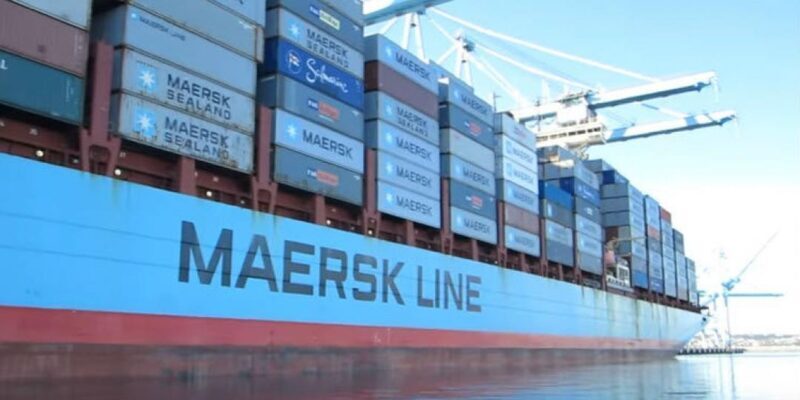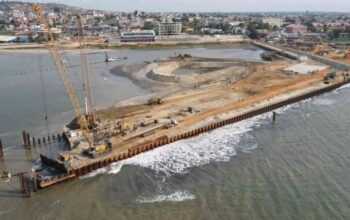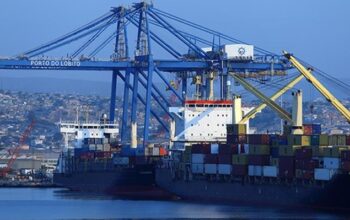A Maersk container ship, carrying an estimated 327 tonnes of potentially hazardous waste, vanished from radar after the international watchdog group, the Basel Action Network (BAN), alerted the South African government about its arrival.
The ship, named Maersk Campton, was scheduled to dock in Cape Town on August 1 but went off the grid after the warning.
The ship is the first of two vessels reportedly transporting 100 containers of waste from Albania to Thailand.
On July 31, the day before its scheduled arrival, the ship’s Automatic Identification System (AIS) GPS beacon was mysteriously switched off, raising suspicions.
“We can imagine no other reason for this behaviour other than an effort by Maersk to avoid arrest or delays due to the likelihood of its ship being involved in trafficking hazardous waste,” said Jim Puckett, Executive Director of BAN. He urged Maersk to cooperate with international efforts to prevent illegal dumping.
According to the International Maritime Organization’s Solas Convention, ships must keep their AIS beacon on when under way or anchored, except in cases where the captain deems it necessary to turn it off for safety reasons. South African authorities conducted a thorough search for the vessel in their waters but were unable to locate it.
Reports now suggest that the Maersk Campton continued its journey eastward, and officials in Asia have indicated that approximately 100 containers suspected of carrying toxic materials will be rejected and sent back to Europe.
These containers are believed to contain 800 tonnes of toxic steel furnace dust, collected from pollution control filters.
BAN has alleged that the waste was being shipped without proper export permits and without notification to Thailand, in violation of the United Nations Basel Convention, which regulates the trade of hazardous and other wastes.
The second ship, Maersk Candor, is also allegedly carrying 60 containers of waste and is following a similar route.
Environmental organizations, including BAN, groundWork, and Earth in Thailand, have called for the Maersk Candor to be seized and its cargo analyzed. If found to contain toxic waste, the containers must be returned to the sender at their own cost, according to the Basel Convention.
In Thailand, the environmental group EARTH has notified its government about the shipment. “Under no circumstances will Thailand accept being the dumping ground for the rest of the world’s toxic industrial waste, electronic waste, or plastic waste,” said Penchom Saetang, Director of EARTH.
There are concerns that if no action is taken, the toxic filter dust could be illegally disposed of in Thailand, possibly on agricultural land.
Earlier this year, a similar shipment was intercepted in China, where authorities found it to contain over 8% toxic lead.




